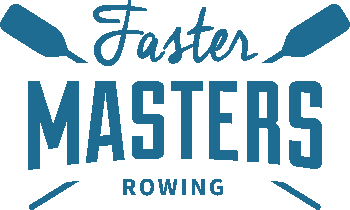Join coxswain Kim Degutis, (Riverside Rowing Club, Cambridge, MA USA) as we talk head racing and tips for coxing masters crews. Dive deep as we talk – what’s different about coxing masters – how to get a group who want to row eights – advice to anyone wanting to start coxing masters
Timestamps
01:00 Rowing genealogy from our past. Marlene’s ancestors were in the first families of Newfoundland, Canada. Alfred Royle was at Ottawa Rowing Club pre WW2. Rebecca’s Great Grandfather, WD Caroe Rowed for the First Trinity BC in 1880s. They won the Ladies Plate coxed fours event at St Neots Amateur Regatta winning a solid silver medal, which Rebecca now owns.
05:00 When Marlene started rowing in 1977 Westside RC, Buffalo was the only club in town compared to 1900 when there were 11 rowing clubs.
Expert Masters Coxswain
08:00 Kim Degutis working with the mens masters sweep group of 19 athletes. How Kim got back into rowing – “I saw a single oar with a broken collar and picked it up and returned it to the club and met the crew.”
10:30 My first stroke taught me how to cox. I had a great relationship it was sometimes non-verbal.
Whats coxing masters like?
11:30 what is it like coxing masters? Depends on their age. It can be very intimidating. Be confident and own that seat – they should be respectful. You have to earn the rest by proving yourself. Masters appreciate a cox who is clear and runs a good practice. Know what you are doing. Appreciate that it’s not a rower coxing.
13:45 At races coxswains get passed around to other teams. I had to jump out of the boat very quickly for a short turn-around between races. I’m 5′ 3″ and got very wet. I shoved off the dock too hard and went head over heels into the lake. When we got to the start the referee asked “Did you guys have a pool party?” I now have a reputation of flipping at the start in Canada at the Burnaby Lake Race.
16:30 A serious incident that happened helped me to learn a lesson. On the River Charles, Elliot Bridge is the most dangerous going upstream. Boats coming down stream swerve wide and are hard to see. We ‘traded paint’ with another crew.
Advice to coxes
20:00 Advice to anyone thinking of coxing masters.
Take a fun, encouraging approach. You can be more serious if a crew is more competitive. Intonation determines how to speak to them. Word choice matters. Vocabulary matters – explain the technique you are aiming for. Time on the water teaches you a lot. Working with coaches – use the intonation they use and fold this into what you say.
22:30 A competitive crew wants you to be demanding. If you want to go fast you need this.
23:00 How to organise a masters sweep group. We try to make the 8 and he go out together with the 4 being a faster lineup so they can be similar speeds. Kim is an eights specialist. A bow-loader four is very different – it feels different, more intimate, finesse is needed. An 8 is a dump truck – just GO.
25: 00 Working with a new crew – tips. They can have different flexibility and movement patterns and different technique. How do you get them together?
Pause drills work well for timing. Watch them row for 500 meters – see what’s happening and look out for technical deficiencies. We do a lot of eyes closed rowing.


